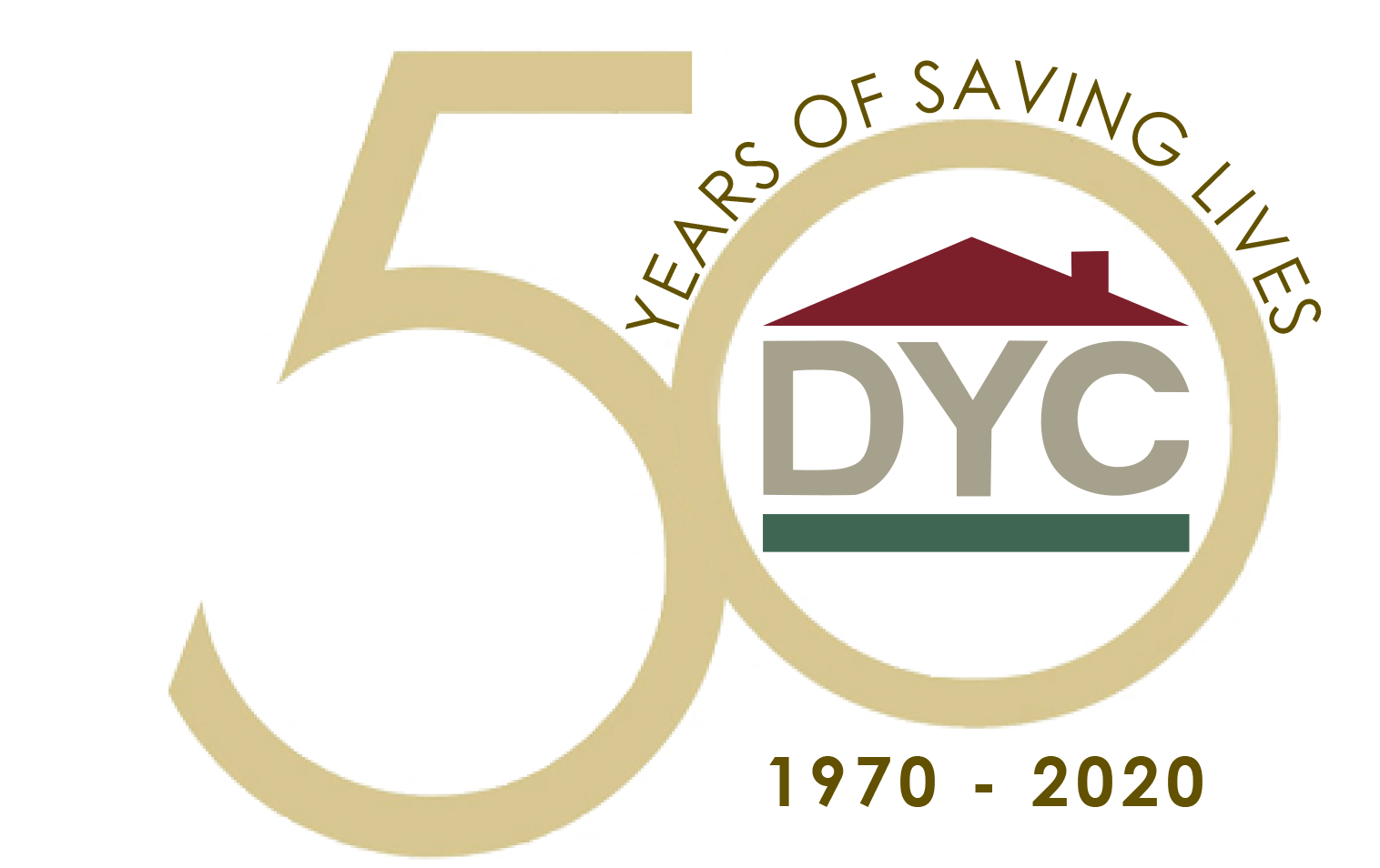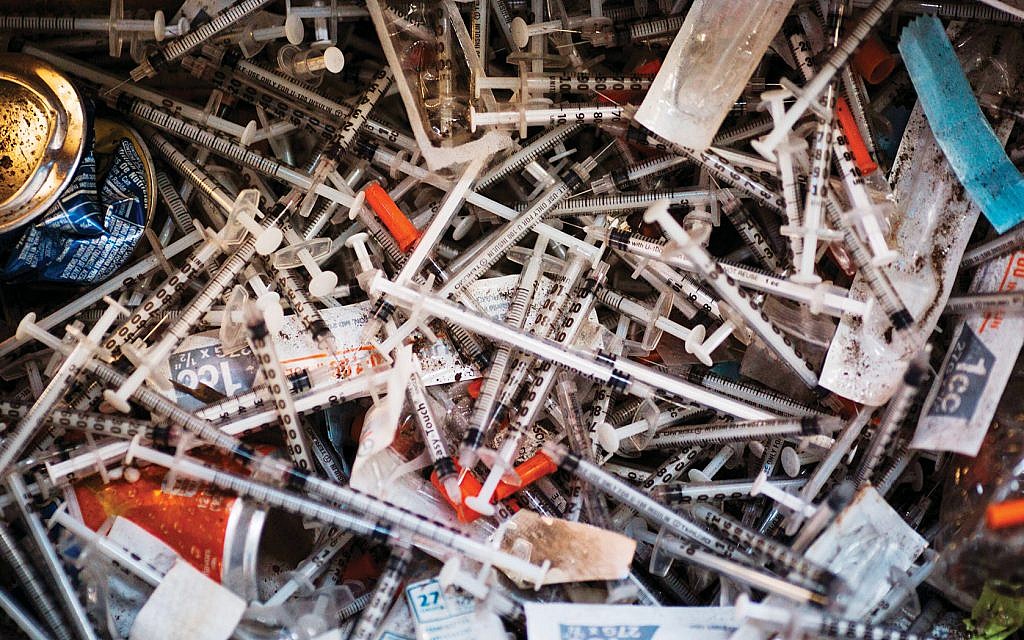The opioid crisis has hit Russian Jews hard. Parents of addicts say the wider community should do more, but admit to being in denial.
On a sweltering Wednesday night in July, on the top floor of a building that blends into the infinite strip mall of Coney Island Avenue, a small group of parents gathers to talk about the rawest of topics — surviving their children’s opioid addiction.
The members of the support group at the nonprofit Dynamic Youth Community (also known as Dynamite) residential rehab center are Russian-speaking Jews who left the former Soviet Union in search of a better life, and they are part of one of the most successful immigrant groups in American history. But amid that striving to “make it” in America, the opioid crisis has blindsided them, stealing away their sons and daughters.
“Addiction is a scandal for every family — let’s say it how it is,” admits M. (The parents met with The Jewish Week on the condition that their names not be used.) A cottage industry seems to be preying on vulnerable Russian-speaking Jewish families, the parents say, as con artists and for-profit rehab centers are bleeding them dry.
“There are a lot of Russian speakers that have programs in Florida,” Frida, whose son completed the Dynamite program, says. “I was told that [Florida] costs $18,000 a month, but because I know someone who is a relative who runs that program, they’ll get [my son] in for $14,000. … Israel is the same. Tens of thousands of dollars.”
“I guess they’re legit organizations,” she says. But, “it’s all about money. It’s not about treatment. Families get sucked in.”
One parent, who had nowhere else to turn, tells of taking her heroin-addicted son to a “mystic” once a week for two years. “She flailed with her hands,” the mother says, recalling the useless ritual. “I myself was crazy. … Ashamed to tell anyone, ashamed to recognize it.” Her son, she says, “needed to work. We didn’t know how to treat it.”
And so it goes for more than an hour. Propelled by the Dynamite program, the parents have become a tight-knit family, bound by heartbreak but focused on hope for their children’s recoveries. Compared to some, they are the lucky ones in the Russian-speaking Jewish community. More commonly, families bury their kids and avoid any mention of what killed them — kept quiet by shame. And that shame is amplified by the fact that little attention has been paid to the particular opioid epidemic among second-generation Russian-speaking Jews.
Written by Lev Gringauz for The New York Jewish Week.

